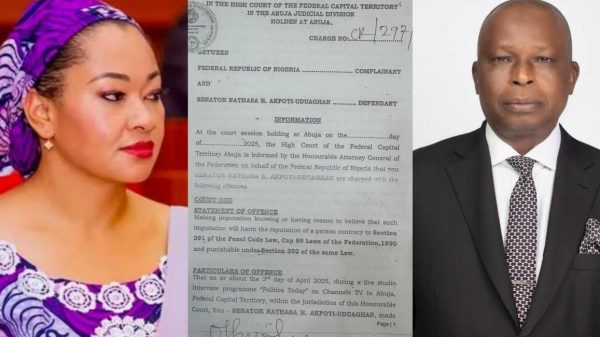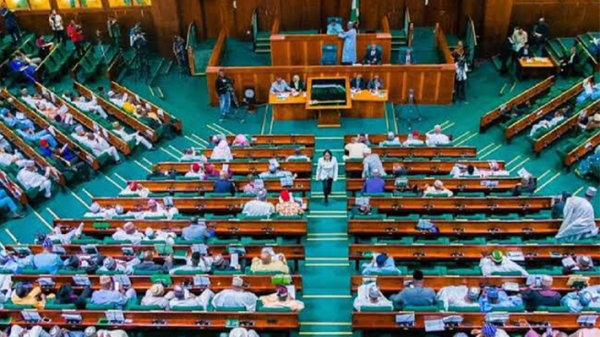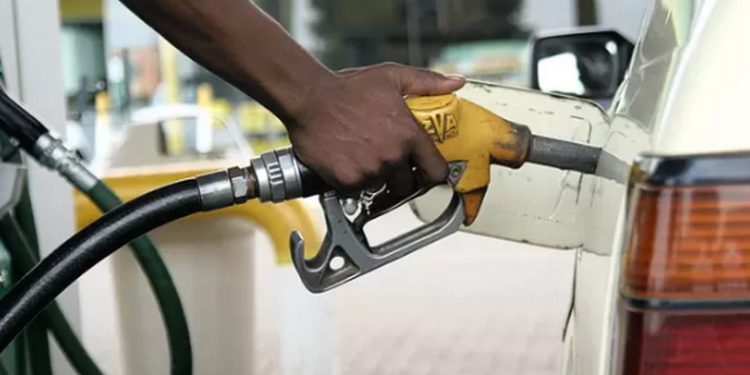The Chamber for Petroleum Consumers (COPEC) has issued a warning that fuel prices in Ghana will rise from July 1, 2024. According to COPEC, the prices of petrol, diesel, and liquefied petroleum gas (LPG) are expected to increase due to the depreciation of the Ghanaian cedi against the US dollar.
The price increase is attributed to the drop in the dollar to cedi rate from $1:GH¢14.4788 to $1:GH¢15.2779, a -1.89% change. COPEC projects that the retail price of petrol will increase by 2.17% to GH¢15.20 per litre, while diesel will rise to GH¢15.21 per litre. LPG prices are expected to range between GH¢13.24 and GH¢14.64 per kg.
COPEC is urging the government to reduce taxes on LPG and subsidize its price to promote its usage and reduce environmental degradation. The organization is also appealing to the government to revive the Tema Oil Refinery (TOR) to reduce the importation of finished products and associated fuel contamination.
This development may affect consumers and businesses in Ghana, especially those who rely heavily on fuel for their operations. The price increase is expected to take effect from July 1, 2024, and may lead to higher transportation costs and prices of goods and services.
COPEC’s warning comes at a time when Ghana is facing economic challenges, including a depreciating currency and a rising inflation rate. The government is under pressure to address these issues and reduce the burden on citizens.
The Chamber for Petroleum Consumers (COPEC) is a leading advocacy group for petroleum consumers in Ghana. The organization aims to promote the interests of consumers and ensure that they receive fair prices for petroleum products.
In recent years, Ghana has experienced frequent fuel price increases due to various factors, including depreciation of the cedi, increase in global oil prices, and taxes. The government has implemented various measures to mitigate the effects of these increases, including subsidies and price controls.
However, these measures have not been effective in stabilizing fuel prices, and consumers continue to bear the brunt of the increases. The latest warning from COPEC is a clear indication that fuel prices are likely to continue rising in the coming months, unless the government takes drastic measures to address the underlying factors.
The projected fuel price increase is a cause for concern for many Ghanaians, especially those who rely on fuel for their daily activities. The government must take urgent steps to address the issue and reduce the burden on citizens. Reducing taxes on LPG and subsidizing its price, as well as reviving the Tema Oil Refinery, are some of the measures that can be taken to mitigate the effects of the price increase.

















































































































